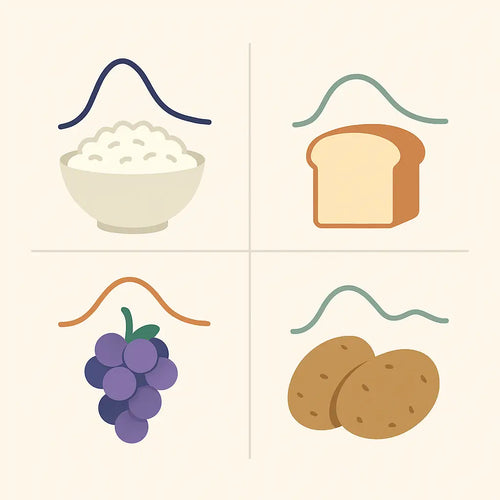
Oxidative stress resulting from an increased amount of reactive oxygen species and an imbalance between oxidants and antioxidants has been implicated in pathogenesis of cerebral stroke.
The purpose of the following study was to investigate if certain common genetic expressions reducing the effectiveness of glutathione were affecting the risk of stroke in individuals with high blood pressure (Polonikov A, et.al., 2012).
The researchers found that people with this genotype was found to have increased risk of cerebral stroke.
The researchers of another study that investigated stroke risk in people with lower antioxidant protection found that patients with low total glutathione levels were at an increased risk of higher stroke severity compared to patients with higher levels.
As we get older the body produces less glutathione and it is a good idea to take a form of glutathione like S-Acetyl Glutathione which has been shown to get into the cells where it is needed.
References
Maksimova MY, Ivanov AV, Virus ED, Nikiforova KA, Ochtova FR, Suanova ET, Kruglova MP, Piradov MA, Kubatiev AA. Impact of glutathione on acute ischemic stroke severity and outcome: possible role of aminothiols redox status. Redox Rep. 2021 Dec;26(1):117-123.
Polonikov A, Vialykh E, Vasil'eva O, Bulgakova I, Bushueva O, Illig T, Solodilova M. Genetic variation in glutathione S-transferase genes and risk of nonfatal cerebral stroke in patients suffering from essential hypertension. J Mol Neurosci. 2012 Jul;47(3):511-3.










